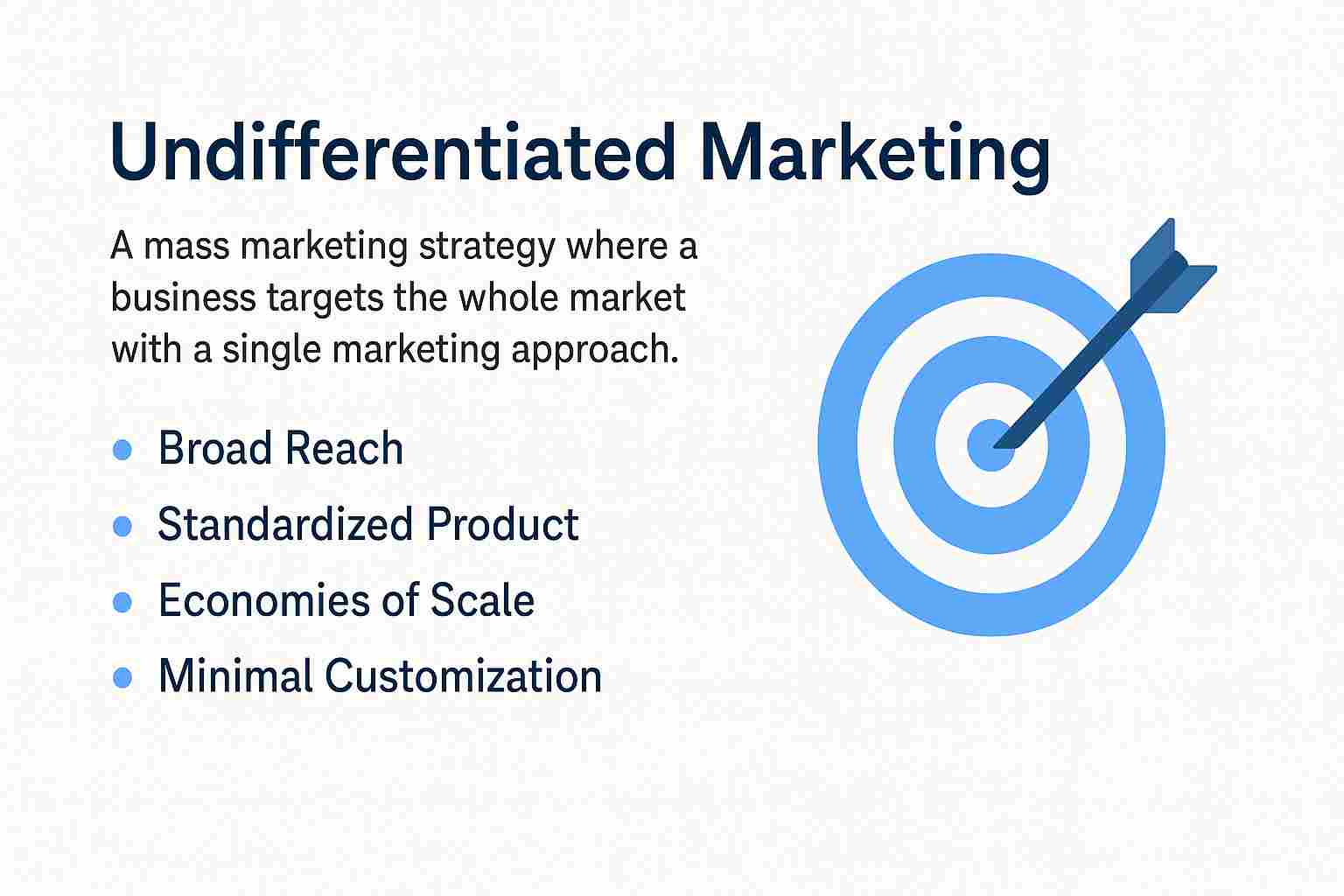In today’s fast-paced digital economy, marketing plays a vital role in shaping business success. Whether it’s building brand awareness, generating leads, or creating customer loyalty, the scope of marketing extends far beyond traditional advertising. With AI, influencer marketing, and hyper-personalization reshaping the landscape, understanding the full scope of marketing in 2025 is crucial for entrepreneurs, marketers, and business leaders.
What Is the Scope of Marketing?
The scope of marketing refers to the wide array of activities that help identify customer needs, create value, promote products or services, and build lasting relationships with consumers. It’s not just about selling—it’s about delivering the right message to the right audience at the right time.
Core Functions of Marketing
Understanding the core functions of marketing helps businesses align their strategies with customer needs and market trends. These functions serve as the backbone of any successful marketing strategy in 2025:
1. Market Research: Gathers insights into customer behavior, preferences, and market demand to guide product development and campaigns.
2. Product Development: Creates products or services tailored to solve specific customer problems, often using feedback and data analysis.
3. Pricing Strategy: Determines competitive yet profitable pricing models based on value perception, costs, and competitor benchmarks.
4. Promotion: Communicates product value through advertising, social media, content marketing, influencer partnerships, and more.
5. Distribution: Ensures product availability through the right channels—online platforms, retail outlets, or third-party logistics.
6. Customer Relationship Management (CRM): Builds long-term customer loyalty through personalized communication, support, and value-added services.
The Importance of Marketing Scope
The scope of marketing is vital for several reasons:
- Market Understanding: It helps businesses comprehend the market dynamics, enabling better decision-making and strategies.
- Customer Satisfaction: By identifying and meeting customer needs, marketing ensures customer satisfaction and fosters brand loyalty.
- Business Growth: Effective marketing strategies lead to increased sales, revenue, and overall business growth.
- Competitive Edge: Understanding competitors and market trends allows a business to stay ahead in the competitive landscape.
- Innovation and Adaptability: Marketing helps in identifying emerging trends and innovating products and strategies to adapt to changing market demands.
Perfect! Let’s enrich your article further with two new SEO-friendly and informative sections to add more depth:
Types of Scope of Marketing Strategies
Marketing strategies can be broadly categorized based on audience, channels, and goals. Here are a few key types:
- Inbound Marketing: Focuses on attracting customers through content like blogs, SEO, and social media.
- Outbound Marketing: Involves proactive outreach like cold calls, email blasts, and traditional ads.
- Content Marketing: Delivers value through articles, videos, and infographics to educate and convert audiences.
- Influencer/KOL Marketing: Leverages individuals with large followings to build trust and drive conversions.
- Guerilla Marketing: Uses unconventional tactics (e.g., flash mobs, street art) to create buzz.
These strategies are often blended to suit brand goals.
Career Scope in Marketing
The evolving digital landscape has created a high demand for skilled marketing professionals. Here are some in-demand roles:
- Digital Marketing Specialist: Manages SEO, SEM, and social media strategies.
- Content Strategist: Plans and creates content that drives traffic and engagement.
- Brand Manager: Oversees brand image, tone, and customer perception.
- Data Analyst (Marketing): Interprets campaign data to optimize ROI.
- Performance Marketer: Focuses on paid campaigns and measurable outcomes like conversions or sales.
With remote work and digital tools, marketing careers offer flexibility and strong growth potential.
Top 5 Objectives of Scope of Marketing in 2025
Marketing isn’t just about selling—its goals are strategic and long-term. Here are the key objectives every modern marketing strategy should aim to achieve:
1. Build Brand Awareness: Making your brand recognizable across platforms helps attract new audiences and improves trust.
2. Generate Leads and Drive Sales: Targeted marketing strategies aim to convert prospects into paying customers through personalized experiences.
3. Deliver Customer Value: Marketing focuses on exceeding expectations by offering real, tangible value throughout the customer journey.
4. Strengthen Customer Relationships: CRM tools and loyalty programs are used to enhance retention and lifetime customer value.
5. Stay Competitive: Marketing allows businesses to adapt to trends, stay relevant, and outperform competitors.
The Scope of Marketing Management
Marketing management involves planning, implementing, and overseeing marketing strategies and activities to achieve organizational goals. The scope of marketing management includes:
- Strategic Planning: Formulating long-term marketing goals and strategies to align with overall business objectives.
- Resource Allocation: Efficiently allocating resources such as budget, manpower, and technology to achieve marketing goals.
- Team Management: Leading and motivating a team of marketing professionals to execute marketing plans effectively.
- Performance Measurement and Analysis: Evaluating marketing initiatives and campaigns to measure their success and making data-driven decisions for future strategies.
- Adaptability and Innovation: Adapting to changing market dynamics and driving innovation in marketing approaches to stay competitive.
Scope of Marketing with Real-World Examples
The scope of marketing encompasses everything from idea generation to customer retention. Let’s break it down with practical examples that showcase marketing’s reach:
1. Product Planning and Development
Example: Apple continuously gathers user feedback to develop new iPhone features tailored to customer needs.
2. Market Segmentation and Targeting
Example: Netflix segments users by viewing behavior and tailors content recommendations to each profile.
3. Digital Promotion and Advertising
Example: Nike uses Instagram reels and influencer collaborations to promote new launches to Gen Z.
4. Customer Support and CRM
Example: Amazon leverages AI-powered chatbots and support systems to solve issues instantly, enhancing loyalty.
These examples reflect how deeply integrated marketing is across all business activities.
Emerging Marketing Trends in 2025
Staying ahead of the curve is essential in the marketing world. Here are the top trends shaping the scope of marketing in 2025:
1. AI-Powered Personalization: Brands are using AI to offer hyper-personalized content, ads, and shopping experiences in real-time.
2. Voice and Visual Search: With smart devices on the rise, optimizing for voice commands and visual queries is now a must.
3. Sustainability and Ethical Marketing: Consumers prefer eco-friendly brands with transparent values and ethical messaging.
4. Influencer and KOL Marketing: Key Opinion Leaders (KOLs) continue to shape buying decisions, especially on platforms like YouTube, TikTok, and Instagram. read more about KOL Marketing: The Ultimate Guide to Key Opinion Leader Strategies in 2025
5. Community-Driven Engagement: Brands are building loyal communities on Discord, Telegram, and niche platforms to drive long-term loyalty.
Marketing Across Industries
Marketing strategies vary widely depending on the industry:
- E-commerce: Focuses on personalized email campaigns, influencer partnerships, and flash sales.
- Healthcare: Requires ethical messaging, trust-building, and clear compliance with regulations.
- Education: Leverages content marketing, webinars, and SEO to attract students and parents.
- Real Estate: Relies on local SEO, virtual tours, and property-focused ad campaigns.
Each sector adapts marketing to suit its audience’s unique behavior and needs.
The Role of Technology in Marketing
Technology is at the heart of modern marketing. Tools and platforms help brands automate, personalize, and optimize campaigns for better ROI:
- CRM Systems (e.g., Salesforce): Manage customer data and nurture leads.
- Marketing Automation (e.g., Mailchimp, HubSpot): Streamline email campaigns and lead generation.
- AI & Analytics (e.g., ChatGPT, Google Analytics): Predict trends, track user behavior, and generate content.
FAQ’s
Marketing helps businesses identify customer needs, create value, build brand awareness, and drive growth.
It has become more tech-driven, personalized, customer-focused, and reliant on data analytics and automation.
Examples include product recommendations on Amazon, targeted ads on Instagram, or brand collaborations with YouTubers.
Conclusion
Marketing today is far more than just selling a product—it’s about building lasting relationships, adapting to trends, and providing continuous value. As we move through 2025, businesses that embrace data, personalization, and ethical storytelling will be the ones that thrive. Whether you’re a startup or an established brand, understanding the full scope of marketing is key to long-term growth and success.

MoneyMantra, is a passionate content creator with over 5 years of experience in writing about the intersection of technology, business, finance, education, and more. With a deep understanding of how these fields empower both individuals and businesses





